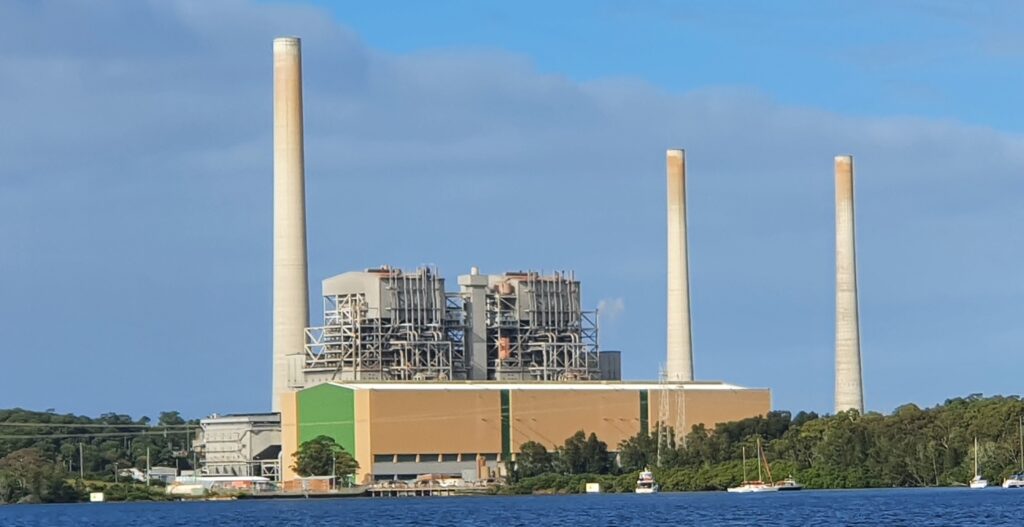
The NSW Environment Protection Authority (EPA) is cracking down on Vales Point Power Station issuing it with a licence variation.
Under Delta Electricity’s previous Environmental Protection Licence they were allowed up to 1500 milligrams of nitrogen dioxide to be emitted per cubic metres of exhaust.
From January 2022, Vales Point will be required to meet new reduced limits by having it’s limits on nitrogen oxides (NOx) emissions cut by up to 35% to meet new national air quality standards in the local community, and will have to adhere to strict new monitoring and reporting conditions from next year.
EPA Executive Director Regulatory Operations Stephen Beaman said the NSW EPA issued Delta Electricity with a licence variation yesterday following independent technical advice and expert modelling, discussions with NSW Health and a public consultation which received more than 1,800 submissions.
“The EPA has heard the concerns of the community and, based on our assessment and air quality modelling, we have tightened NOx limits from the original application, to significantly reduce the emissions from Vales Point,” Stephen Beaman said.
“In addition, we have imposed strict new reporting and monitoring requirements to keep the community informed through a range of special operating conditions. We’ve also imposed a Pollution Reduction Program which will ensure the facility continues to make improvements.”
Vales Point will also be required to install a new ambient air quality monitoring station at Wyee Point, conduct an NOx emission control engineering feasibility study and a SOx emission reduction study report and complete a Pollution Reduction Program.
“NSW Health has advised that any reductions in the concentration of air pollutants is likely to have a health benefit.”
Over the past six months Delta Electricity has undertaken works to improve NOx emissions from the Vales Point Power Station including the installation of new “burner tips” in boiler six, and an upgrade of the Distributed Control System to optimise the operation of boilers five and six. The facility is forecast to close in 2029.
The NSW EPA has also issued a licence variation for the Liddell Power Station at Muswellbrook.
The EPA granted owner AGL a licence variation for reduced NOx emissions which supports the continued operation of the plant through to its planned decommissioning in 2023.
The authority said it’s not feasible to install any additional pollution controls ahead of the closure and the variation isn’t predicted to result in any increased emissions.
The permanent shutdown of one unit in April 2022 will result in around a 25% reduction in NOx emissions from the facility.

